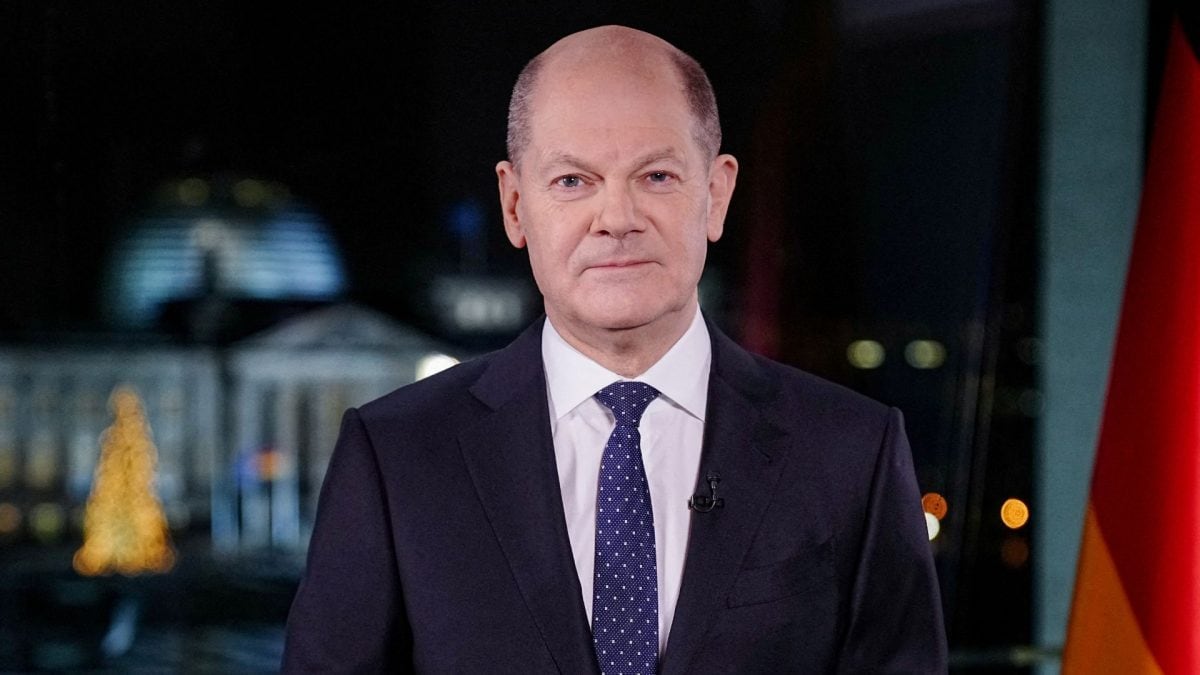German Chancellor Olaf Scholz will call on parliament today to declare it has no confidence in him, taking the first formal step towards securing an early national election following his government’s collapseread more
German Chancellor Olaf Scholz is set to face a crucial confidence vote on Monday, a political showdown he is widely expected to lose.
The outcome could lead to the dissolution of parliament and a snap election early next year.
Interestingly, the vote, called by Scholz himself, is a direct consequence of his government’s collapse last month following escalating disagreements over Germany’s struggling economy. These tensions culminated in Scholz’s decision to sack Finance Minister Christian Lindner, leaving his centre-left Social Democrats (SPD) in a fragile minority coalition with the Green Party. Since then, legislative progress has largely stalled, intensifying calls for new elections.
If Scholz loses, he will be required to request that Germany’s President Frank-Walter Steinmeier dissolve parliament. Under German law, fresh elections must then be held within 60 days. Scholz has already reached an agreement with opposition parties to schedule an early federal election for February 23, should the confidence vote fail.
Scholz’s declining popularity
Scholz’s leadership has faced growing dissatisfaction, with polls showing him as one of Germany’s least popular chancellors in decades. His SPD currently holds just 16 per cent of voter support, trailing behind the centre-right Christian Democratic Union (CDU) at 31 per cent and the far-right Alternative for Germany (AfD) at 18 per cent, according to a Politpro survey.
The CDU, led by Friedrich Merz, is poised to capitalise on the government’s instability. Merz has campaigned on revitalizing Germany’s economy, promising tax cuts and incentives to boost Europe’s largest economic powerhouse, which shrank last year and is projected to contract again this year.
Rising influence of the Far Right
The far-right AfD has also gained significant traction, emerging as a formidable force in German politics. In a historic move, the AfD won a state election in Thuringia in September, becoming the first far-right party to achieve such success since World War II. Their growing popularity signals a shift in Germany’s political dynamics, adding further complexity to the upcoming election.
Historical context & next steps
If the snap election proceeds, it will be Germany’s first since 2005, when then-Chancellor Gerhard Schröder lost to Angela Merkel. For Scholz, losing today’s vote would mark the end of his tumultuous tenure as chancellor, leaving the SPD to grapple with its declining influence.
With inputs from agencies.
